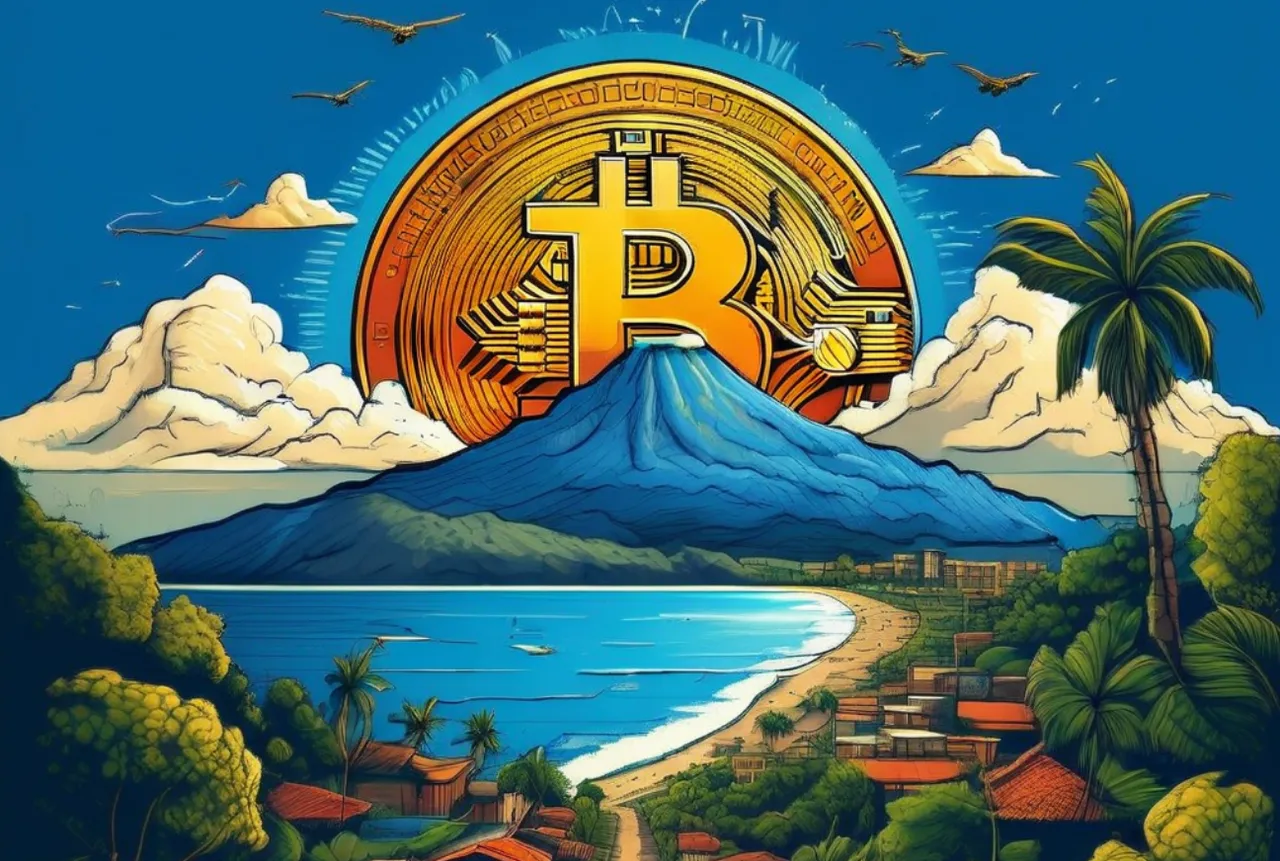The current power hierarchies of our societies have formed based upon the foundation of debt-based fiat financial systems. This has led to an ever-increasing consolidation of power into the hands of fewer and fewer people.
The invention of cryptocurrency has driven a stake into traditional power structures, and given rise to the self-sovereign individual - some of whom dream of a stateless future in which everybody manages their own private keys and transacts with others peer-to-peer.
But how realistic is that scenario? In this article we are going to examine how crypto has the potential to shrink and reshape governments, but due to our human nature will not eliminate them entirely.

The Independent Man vs. Tribal Leaders
Humans are not like the independent snow leopards of Central Asia, as we discussed in a previous article. Rather, we are social creatures that have evolved over hundred of thousands of years to survive in small groups.
Therefore, most of us want to belong somewhere, and in the Internet age we can form digital tribes. We also instinctively look to a provider, a father figure, a community leader, a town mayor, a state governor, or a national president for leadership.
Those leaders have used money throughout history to form power hierarchies.
Debt-Based Fiat Power Structures
Traditionally, men would earn money and save it to become providers. They would then use their capital to become husbands, businessmen, community leaders, and further elevate their positions in society as they acquired more wealth. However they were always under the ultimate control of bankers.
Due to capital controls, a man's financial influence has been historically confined to the country where he resides. Transfer limits, spending restrictions, and banking hours were imposed upon on him by the authorities. If he did not fall in line with the state, his wealth could have been confiscated from him.
Instead of decentralizing control, debt-based fiat currencies have been used to consolidate power throughout history. For example, before the American revolution each colony issued its own currency, and before the establishment of the Euro each European nation printed its own money.
Bitcoin came along and transferred power from the establishment back to the individual.

How Cryptocurrency Shifts Power
Unlike debt-based fiat, cryptocurrencies like Bitcoin transcend national borders. For example, Bitcoin can be spent just as easily in the USA as it can be in Europe or Japan.
Marginalized individuals are also empowered by cryptocurrencies, because crypto cannot be confiscated by bankers. For example, crypto holders who wish to support protests against mRNA "vaccine" mandates don't need to worry about having all their assets seized by a corrupted authority.
The invention of cryptocurrency has given rise to the self-sovereign individual, a person who is no longer beholden to the financiers. This is an exciting opportunity for some, but terribly frightening for the majority. After all, a new technological innovation does not reverse hundreds of thousands of years of tribal evolution.
Because we naturally seek to belong, chances are low that the entire world will voluntarily abandon traditional finance and become their own bank via cryptocurrencies. The more likely scenario is that power over the population will shift from those who cling to traditional finance to those who embrace cryptocurrencies.
The Majority Will Need Guidance
We cannot deny the growing trend of people choosing to self-custody their crypto assets. Each time we complete another bear/bull cycle there are more people managing their own private keys, even though they still remain a small cohort of the population.

We should consider how another financial crisis would motivate even more people to self-custody their crypto. For example, if their life savings, pensions, or property were to crash in value or be confiscated "for the greater good", they would quickly learn the value of self-custody.
For the time being though, the vast majority of the population does not want to "be their own bank". The idea of "if you lose this passphrase all your money is gone" does not appeal to the average person. So what is the solution?
Crypto banks (like Coinbase and Binance) and custodial wallets (like Chivo in El Salvador) will be necessary to assist the majority of the population who want to enter the new economy without managing their own private keys.
The question is, who will control these custodial wallets, and how powerful will they become?
El Salvador's Bold Move
We can safely assume that power will transfer from traditional governments which are heavily invested in sovereign debt, to those which are invested in cryptocurrencies.
But will the power ultimately be transferred to the citizens, or to the government?
The best we can do is encourage people to be self-sovereign, because the decision is ultimately theirs.

After El Salvador made Bitcoin legal tender in 2021, they motivated their citizens to adopt it by issuing a free $30 airdrop. Shortly after the drop there was a flurry of transactions. But once the handouts were spent, the citizenry almost completely stopped using it.
Regardless, the government of El Salvador proceeded to accumulate Bitcoin, and if the value of it continues to increase, the country's leaders could use the profits from their investment to combat inflation by subsidizing housing and food costs for their people.
Ultimately the power will remain in the hands of the government, until their citizens decide to "become their own bank" and learn to self-custody their funds. For the time being though, the people would rather trust their leaders than be self-sovereign.
Crypto-Backed Digital Currencies
As debt-based fiat currencies continue to falter, we could see the leaders of other small countries, states, and cities issue custodial wallets for Bitcoin and other cryptos.
If that is the case, the power will shift from those who own traditional banks, to those who own crypto banks, as well as to self-sovereign individuals. New social hierarchies will form as traditional power structures fracture into smaller spheres of influence.
The owners of crypto banks will retain their power until all individuals become sovereign. More than likely, we will reach a critical mass of people willing to be their own bank, with everyone else trusting custodians.
A Gradual Decentralization Of Power
Humans have evolved over hundreds of thousands of years to seek leadership and operate in social hierarchies. New technology is not enough to change our hard-wiring to belong to a tribe and seek leadership.
Our current power structures have been formed based on debt-based fiat currencies where the bankers have ultimate control. Bitcoin has given us the opportunity to be self-sovereign, but most people are hesitant to take it.
Power will shift from those who cling to the traditional banking system to the early adopters of cryptocurrencies, especially the self-sovereign individuals who own custodial wallets and crypto banks.
The majority of the population will rely on crypto banks until they have a strong enough reason to become their own bank, leading to a gradual decentralization of power as humanity adapts to this new technology.
If you learned something new from this article, be sure to check out my other posts on crypto and finance here on the HIVE blockchain. You can also follow me on InLeo for more frequent updates.
Until next time...
Resources
Image Generation By Venice AI [1]